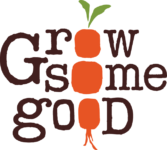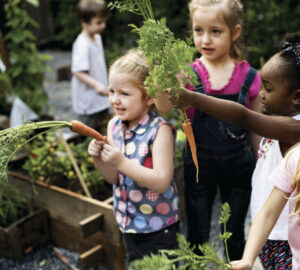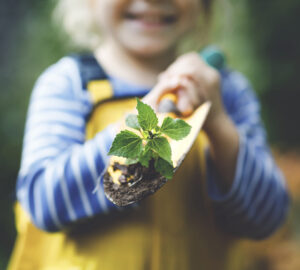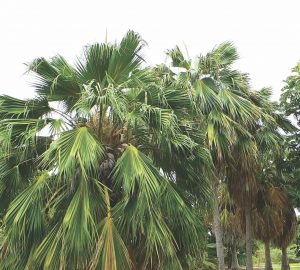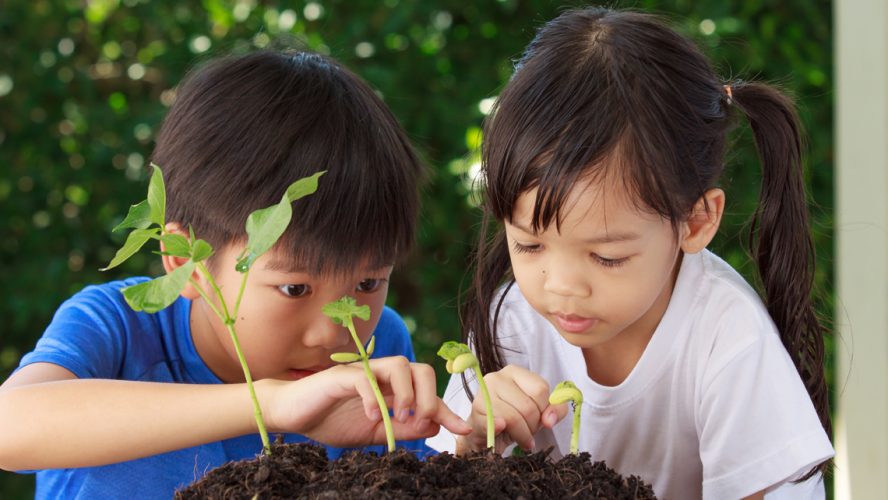
There is no place quite like a garden. A space that is full of beautiful flowers, herbs, food full of nutrients, and so much love that went into its creation. It is ever-changing, it humbles us, and reminds us to slow down and breathe. A garden can be our greatest teacher.
Through companionship, plants in a garden work together to fend off pests and disease and to help each other grow. They work symbiotically, sharing nutrients and information through their root systems. They demonstrate resilience, showing us that despite external circumstances, the garden can always grow again, and they highlight that the best course of survival is to always work together. They show us what it means to share and live regeneratively, from using the “waste” of food and vegetable scraps in the form of compost to repurposing sticks as structures and support for plants like beans, peas, and tomatoes.
School gardens create place-based education, where children learn about these biological processes through direct observation and participation. Activities in an outside garden classroom promote tactile learning, cultivate respect and team building, and teach children to have reverence for the ‘aina, which sustains all of us. When children grow their own food, they are often more adventurous in their consumption of fruits and vegetables. They have a better understanding of the importance of nutrients in food and how those nutrients affect their bodies, as well as their cognitive growth and development.
By utilizing school gardens, children gain important life skills through experiential learning of the natural processes that feed us, clothe us, provide shelter for us, and heal us when we are sick. Through that connection, those children become aware of their role and impact on the natural world around them and develop an interest in taking care of it. Plants are, fundamentally, the most important thing on our planet, for without them we could not survive. School gardens and ‘aina based curriculum provide the knowledge and hands-on experience to help foster the future leaders of Hawai’i Nei. As we move toward a regenerative future for Hawai’i and for the planet, it’s critical that we invest in school gardens as the grounds for where our new normal can be formed.
Grow Some Good is a 501(c)(3) nonprofit organization dedicated to creating hands-on, outdoor learning experiences that cultivate curiosity about natural life cycles, connect students to their food sources, and inspire better nutrition choices. In addition to helping establish food gardens and living science labs in local schools, we provide resources and curriculum support through community partnerships in agriculture, science, food education, and nutrition.

